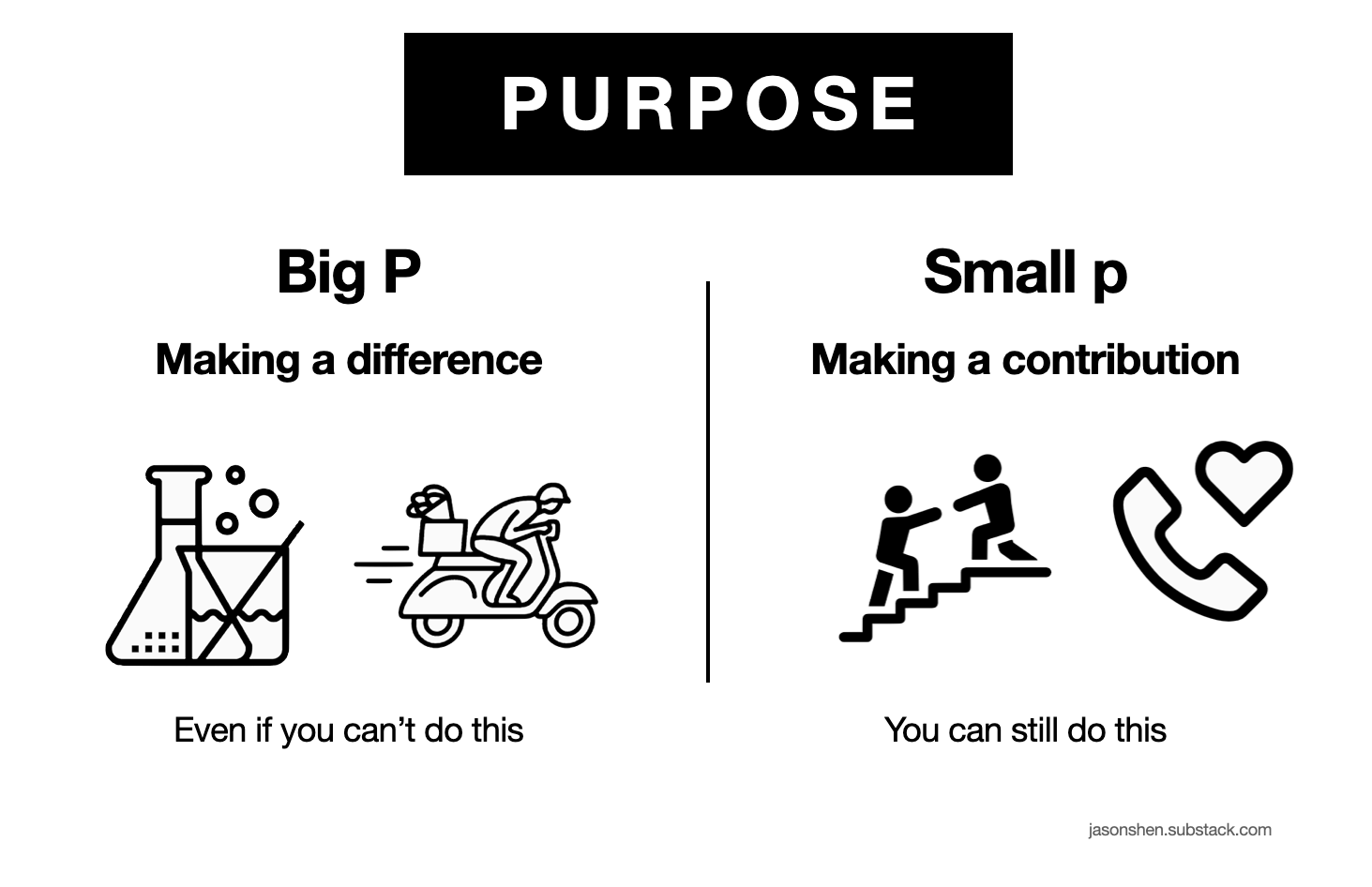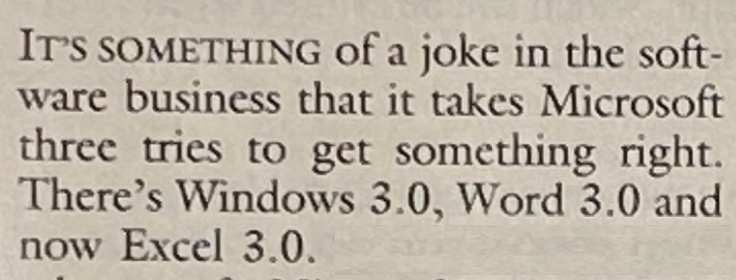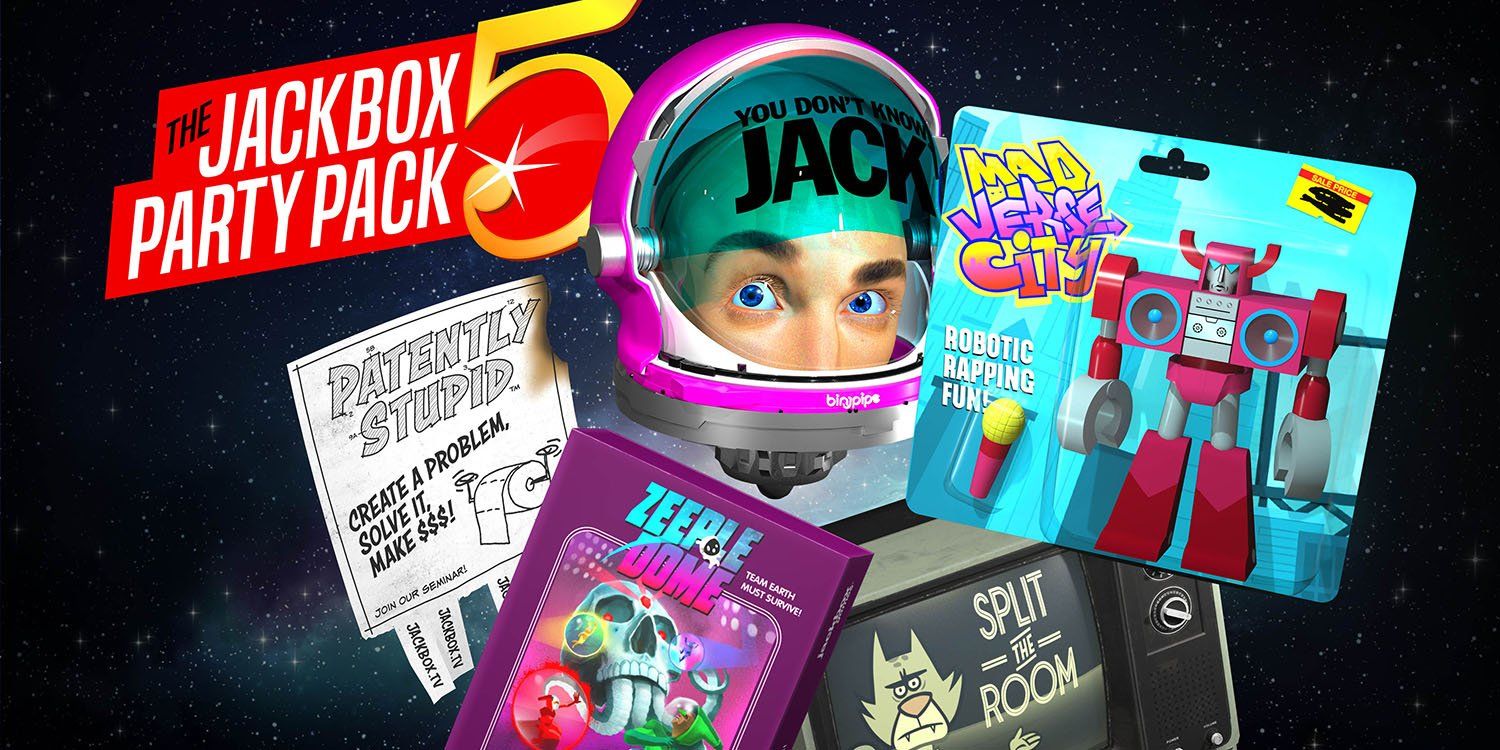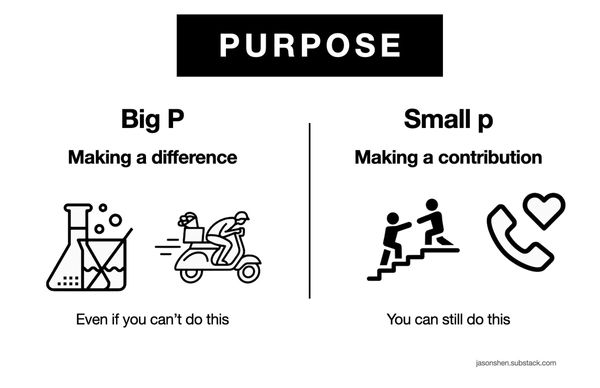Hey friends,
Welcome back the 2nd edition of Making Connections, where we take a random walk down tech, fitness, product thinking, org design, nerd culture, persuasion, and behavior change.
1. Dan Pink's "Small P" and "Big P" Purpose
Psychology | Burnout
I was talking to someone who's surveyed 95k tech workers on their level of burnout over the last few weeks and he told me that while people report feeling more fatigued, they also are working with a greater sense of purpose.
Purpose is a heavy word but I thought author Dan Pink made a useful distinction between "Small P" and "Big P" Purpose.
- purpose - am I making a contribution?
- Purpose - am I making a difference?

For our frontline workers — nurses, doctors, uniformed officers, delivery people, essential business operators, virologists and pharma folks, they've got that Big P Purpose as they risk their health to keep us safe and work towards a cure.
But even folks just trying to keep things together at home, checking up on friends and family, you can still connect to that Small p purpose of making a contribution. Not every act has to save the world to be meaningful and important.
2. Good Things Require a Lot of Product Iteration
Product | Progress
I have been thinking a lot about product iteration. Gall's Law says that it is impossible to build a complex system from scratch — it can only evolve from a simpler system that worked. (Ex: Quibi's lackluster launch after raising $1.8B)
I think the same is true for products as well. It's rare to see a product succeed out the gate, and even then there's usually a long process of iteration and fixing issues. Roblox is a 14 year "overnight" success. Zoom was founded in 2011 (after the founder Eric Yuan had been working on web conferencing technologies for like most of his career!)
Even (!) Microsoft Excel took three tries (aka "versions") before it was reviewed as a strong product (1.0 was only on Mac, 2.x was both Win and Mac, as was 3.0). Here's Esther Dyson, famed investor and writer, reviewing Excel 3.0 in April 1991.

This is a very great thread via Steven Sinofsky (former President of Windows at Microsoft, also partner of a16z — the same VC fund whose namesake wrote the "It's Time To Build" I wrote about in MC#001)
If that’s not bad enough, the second inconvenient truth is that even with the ideas that do prove to be valuable, usable and feasible, it typically takes several iterations to get the implementation of this idea to the point where it actually delivers the expected business value.
From the essay "The Inconvenient truths about product" by Marty Cagan of Silicon Valley Product Group and author of the seminal "Inspired"
And finally, even with iteration it doesn't always work. According the former VP of Product at Netflix, company worked on a social recommendation feature for 6 (!!) years and it still failed.
While Netflix hoped to improve retention, the easier-to-move proxy metric was the percentage of members who connected to at least one friend. At launch, Netflix engaged 2 percent of members and, after four years, got to 8 percent. But in 2010—I was at Chegg by that time—Netflix killed Friends because they recognized they needed at least 20 percent of members to engage. Below this threshold, it’s hard to improve retention. After nearly six years of effort, Netflix was still far from achieving it.
Making stuff that really works is hard AF!
3. Staying connected through Jackbox Games
Speaking of things that have gone through a lot of iteration, older readers may remember the irreverent trivia game "You Don't Know Jack" from the 90's, which reemerged from hibernation 7 years ago as Jackbox Games, making annual "party packs".

If you haven't heard of this great party game series, its all about guessing at trivia, making funny drawings, and razzing your friends with great quips. It's exploded in popularity because only one person needs a copy of the game and you can use your smartphone as a controller so it's easily played over Zoom.
At least half of you have probably played at least one game, according to my Twitter poll in April.
I've hosted these for different friend groups and even with my parents - it's been one of the ways I've found my "small p purpose". The games are easy to pick up, and require balance writing / creative interpretation / trivia skills with plain wackiness, and only person needs a copy. Highly recommended.
They're not just fun, but also a great product inspiration. I wrote about this recently in the premium section of TechCrunch:
Games are obviously an entertainment product, and while gamification was a hot topic in certain circles, most companies don’t look to games for inspiration when designing their products and services. But Jackbox isn’t a traditional game, and because it relies so much on group dynamics, there’s a lot to be learned, especially for products that facilitate collaboration or social interaction.
Personality – Jackbox’s zaniness is a refreshing change to the bland voice and tone of most products these days. It feels like most companies just want to play it safe and hold back in this area. Apps like Discord, with delightful little animations and clever copy and Google Assistant’s 30+ person team of comedians, filmmakers, and artists show you can have personality without sacrificing reach.
Wagering – some Jackbox games that are about choosing the right answer (often trivia related) allow you to “double down” for extra points. There’s something fun about not just being right, but being extra right. How can product creators leverage this? One idea is with any product that does A/B testing. If I’m sending an email in Convertkit, maybe I can guess which subject line will do better and be recognized for guessing correctly. Even better if my whole team can guess along with me.
4. Writing Inspiration: Cedric Chin
Writing | Careers
Over the coming weeks, I hope to write about several of the folks I namechecked in my “coming soon” post about this newsletter. One of the folks who's inspired my online writing "rebirth" if you will is Cedric Chin, author of Commonplace, a blog about career moats as well as Management for Startups. He does this through thoughtful essays like "Seek Failures Early", experiments where he tries to apply forecasting techniques on the spread of Coronavirus, and exhaustive book summaries.
He also does a good job of interlinking between essays, building a web of ideas that reference each other, something that you'll see in many of the examples I'll share in the coming editions of Making Connections. His ideas include: the 3 types of non-fiction books, the concept of a career moat, and the value of one-on-ones.
Anyway, if these ideas sound interesting, definitely check out his stuff. He's on Twitter @ejames_c
And that’s it for edition #002 for Making Connections. What do you think? I’d love to hear your thoughts on anything I’ve shared or whatever is on your mind.
Yours truly,
Jason
New around these parts?
Making Connections is an experimental newsletter by @jasonshen, a product manager and 3x startup founder who’s written for TechCrunch, Fast Company, Quartz, Vox and other fine publications.

